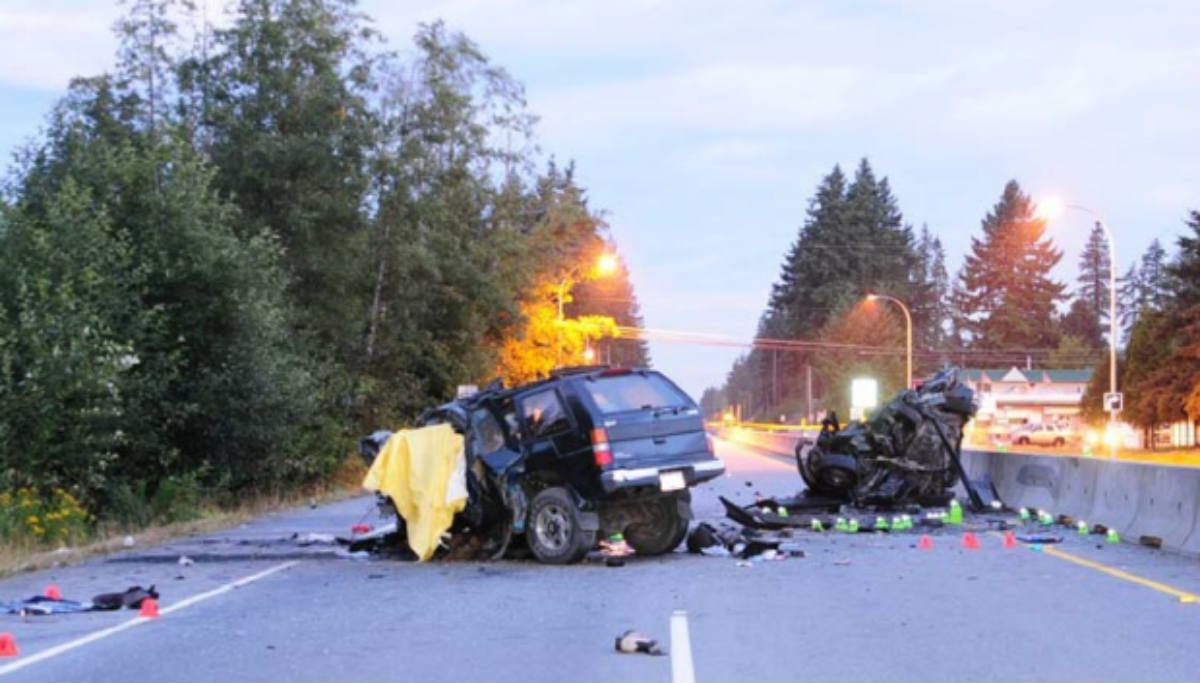
Canadian car crash victim gets compensation to pay for a surrogate mother
The first such payment in Canada
After the tragic accident
A Canadian woman who barely survived a car crash in which her fiancé was killed has been awarded C$100,000 by a court to cover the cost of hiring a surrogate to bear a child for her. It is believed to be the first payment of this kind in Canada.
The money was a component of a payout of $3.83 million from the Insurance Corporation of British Columbia (ICBC) to Mikaela Wilhelmson by the BC Supreme Court.
In 2011 Ms Wilhelmson was a passenger in the back seat of a car when it was hit head-on by a vehicle speeding on the wrong side of the road. She sustained serious damage to her spine and internal organs, making a birth dangerous and painful.
In her judgement, Justice Neena Sharma relied upon an IVF expert who said that Ms Wilhelmson was prone to adhesions and could easily have an ectopic pregnancy.
Based on the medical evidence presented, I find on a balance of probabilities that Ms. Wilhelmson will have significant difficulties conceiving a child in the future as a direct result of her abdominal injuries from the accident. I also find as a fact that Ms. Wilhelmson would be putting her health and welfare at great risk, to an unreasonable degree, if she were to carry a baby. I have no doubt that the best option for Ms. Wilhelmson to have a biological child would be to hire a surrogate.
From a layman’s perspective, this case has some very odd features.
First, commercial surrogacy is illegal in Canada. However, across the border in the United States, it is not, so the $100,000 will be used to pay for an American surrogate. According to the judge, this will not contravene Canadian law.
Second, although Ms Wilhelmson desperately wants a child, she has already had two abortions, one before her accident and one afterwards.
Third, the judge awarded the maximum for pain and suffering not because she lost her fertility, but because she retained it. She had an abortion after the accident because doctors said it would endanger her health, a decision which caused her great emotional pain. “Ms. Wilhelmson faces a future where she might be fertile and might be able to get pregnant again, but cannot safely carry a child,” the judge argued. “Other than abstinence, no method of birth control is 100% effective. She therefore faces a possibility at the young age of 26 of again, getting pregnant and having to abort a child that she desperately wants to have.”
Fourth, the judge made no consideration whatsoever to the welfare of the child. The unfortunate woman had been in two relationships before the accident and two afterwards. She is so physically and psychologically damaged that marriage is now only a remote possibility. The child would probably be raised without a father by her and her mother.
Creative commons
https://www.bioedge.org/images/2008images/d98852c045.jpg
canada
surrogacy
surrogate motherhood
